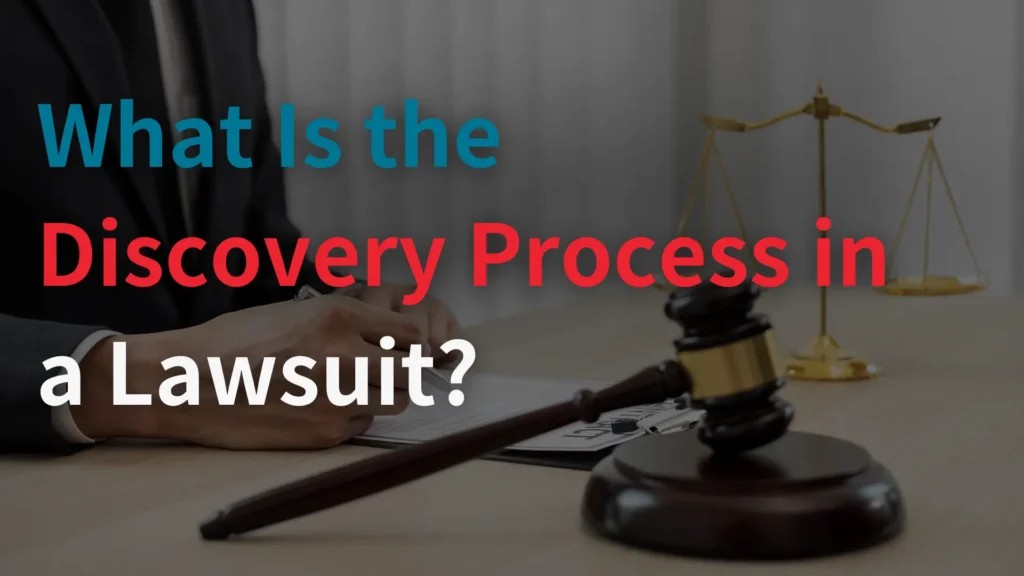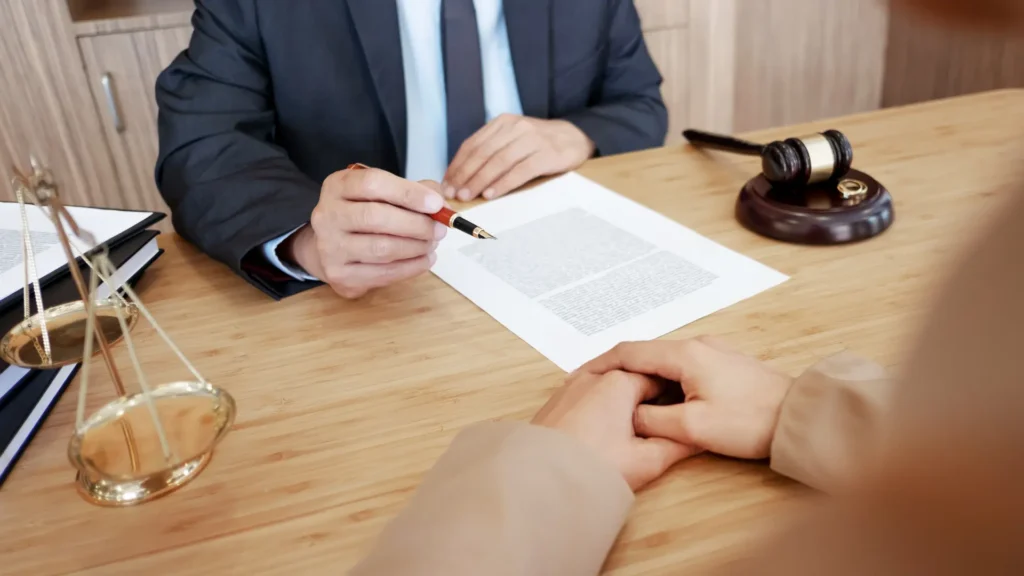
If someone else’s negligence caused your injury in St. Louis, Missouri, you can seek compensation through a personal injury lawsuit. After the initial investigation performed by your attorney, they’ll help you file your lawsuit, and your case will proceed to discovery. Know what to expect in the discovery process in a lawsuit.
Discovery is a vital process occurring at the start of a legal case. During this process, both sides can request information from the other to help them better understand the case as a whole. The goal of discovery is to provide the parties with all the information they need to reach a settlement or prepare for trial.
When you work with an experienced St. Louis personal injury attorney, they can help you prepare for the discovery process. This preparation includes practicing for depositions and anticipating the information the other party will request.
During the discovery process in a lawsuit, your attorney will request various information from the other party. At the same time, the other party’s lawyers will request various types of information from you. These information requests can include oral depositions, written interrogatories, document production, electronic information, and property inspections.
An oral deposition is a question-and-answer session with the other party’s lawyers. Your lawyers can ask questions for the other party to answer, and the other party’s lawyers can ask questions for you to answer.
For example, if you slipped and fell in a grocery store, the store’s lawyers may ask questions like if you reported the injury immediately after the incident, what aisle the incident occurred in, and whether you saw a wet floor sign.
At this stage, the lawyers aren’t necessarily trying to catch you getting your story mixed up. They’re getting your side of the story to prepare for it. If you say you didn’t see a wet floor sign, they’ll go back and see if they can get proof that there was one present. And if there wasn’t, they now know not to bring that up at trial if your case goes that far.
An interrogatory is similar to a deposition but in written form. The lawyers submit written questions to the opposing parties, who answer them and submit them back. Lawyers can ask the same kinds of questions through an interrogatory as they would through a deposition. However, while interrogatories are good for getting straightforward answers, they’re not as good if a lawyer wants to ask follow-up questions.
In many cases, document production is one of the main components of the discovery phase. The defendant’s lawyers may request your medical records, or your lawyers may request copies of the defendant’s insurance policy. However, official documents like those aren’t the only kinds of documents the parties can request.
If you were in a car accident, you may have eyewitness statements that back up your version of events. The defendant’s lawyers can request copies of those statements to prepare responses to them. Likewise, your attorney can request copies of the statements made by passengers in the vehicle that struck you.
In the same way, parties can request documents and relevant electronic information. Your attorney may request copies of the security camera footage if you suffered an injury in a store. If a suspected distracted driver struck you, your attorney may similarly request the driver’s phone records to see if they were texting or on the phone when the crash occurred.
If your injury occurred on someone else’s property, such as in slip-and-fall cases, the discovery process may include inspecting the property. Your lawyer may want to visit the property to take photographs of the hazard that caused your injuries. These inspections may also apply to other property types, including vehicles involved in an accident.
The length of the discovery process depends on the evidence in your case. If you have a fairly straightforward case where the incident was caught on a traffic or security camera, this process could take a week. However, more complex cases can take up to a few months for both sides to gather all the evidence they need to build their cases.
Typically, the more parties involved in a case, the longer the discovery process and the case as a whole will take. For example, if you suffered an injury in a multi-vehicle accident, every party agrees to go through depositions, interrogatories, document production, and other steps involved in the discovery process. This can add considerable time to your case.

After your case goes through the discovery process in Missouri, there are three main directions it can go in:
The discovery process sets the stage for the rest of your case, which is why working with an experienced lawyer is vital. Not requesting the right information from the other party can significantly hinder your ability to seek the compensation you need and deserve.
If you suffered an injury caused by someone else’s negligent actions in St. Louis, Missouri, call Goldblatt + Singer at (314) 231-4100 or contact us online to speak with an experienced personal injury lawyer. We’ll review your case, review your options for compensation, and help you prepare for the discovery process. Check out our notable cases to know why you can trust our law firm!
What to Do After an Amazon Truck Accident in St. Louis
How Do Large Truck Accident Investigations Work?
What Is the No Zone in Driving Near Large Trucks in St. Louis?